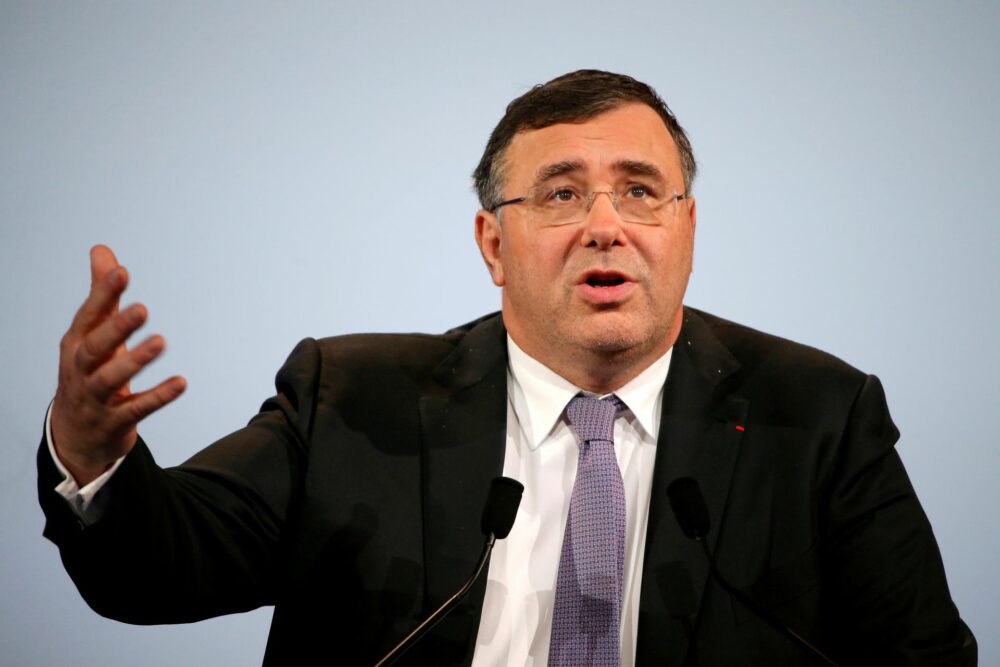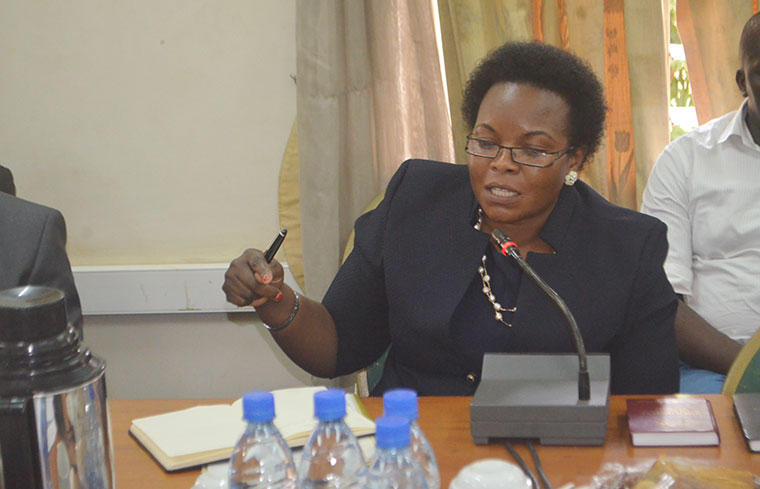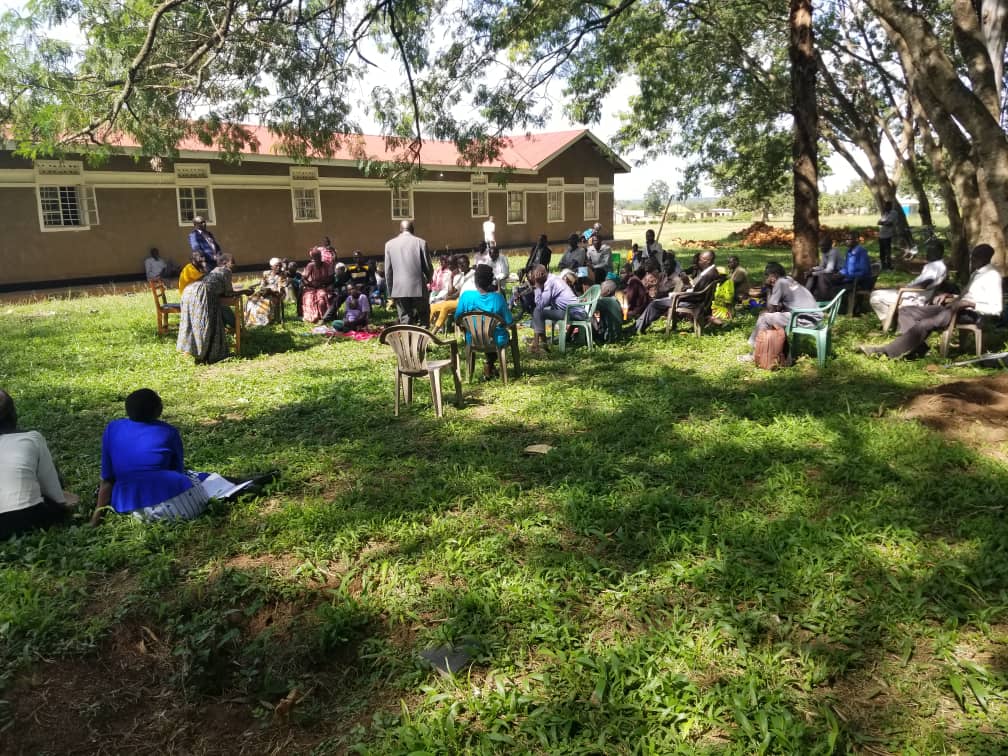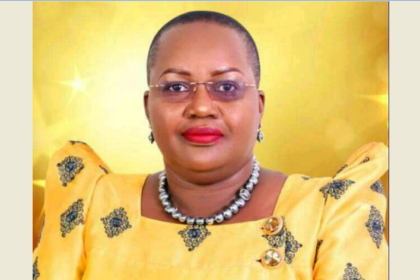Patrick Pouyanné, the CEO for TotalEnergies will appear before the European Union Parliament for questioning on human rights violations in the Albertine region, occasioned by the Uganda – Tanzania joint oil pipeline project.
He has been summoned by the EU Parliament and will appear before the sub committee of human rights for this legislative body on October 10th.
He will be tasked with clarifying complaints seconded to this Parliament, about the consequences of the oil mega projects in Uganda, sponsored by the French multinational TotalEnergies, which include Tilenga and East African Crude oil pipeline (EACOP).
His summoning comes days after the same oversight body passed an emergency resolution denouncing the negative impacts of these mega projects, which include human rights violations, acts of intimidation, judicial harassment, immense risks and impacts on local communities, the environment and the climate.
It remains to be seen what impact this questioning will have on the projects sponsored by the French energy giant.
The Parliament also called for an immediate halt to drilling in the protected and sensitive ecosystems, and the delay of work on EACOP for a year to study the feasibility of the alternative route that would conserve the environment and consider other projects based on renewable energy.
However, authorities in Kampala maintain they must move on with the construction of the EACOP, which when complete will be the longest heated pipeline in the world, measuring 1445 kilometers from Hoima to Tanga province in Tanzania.
Ali Ssekatawa, a legal representative for Petroleum Authority of Uganda (PAU) while talking to the media noted that against all odds, the oil pipeline construction must go ahead, owing to the fact that Uganda is a sovereign country, with the capability to define the course of its own affairs without the interference of a foreign power.
“The EU resolution to stop the construction of pipeline is not binding on all nations in the world, Europe, European Commission or even a sovereign country like Uganda, or Tanzania. So, the progression of our project will go ahead, and even rigs that are needed to extract oil have reached Mombasa, and efforts are underway to bring them to Hoima and Buliisa such that they start operating,” remarked Ssekatawa in a defiant tone.
He noted that such resolutions are emblematic of their own thinking, and that governments of Uganda and Tanzania through their foreign embassies are trying to look into the motion, but it will not stop Kampala and Dodoma from going ahead with the project.
TotalEnergies is poised at exploiting oil lying beneath Lake Albert in Western Uganda, with more than 400 wells to be drilled with effect from December this year, including 132 in the protected natural area of Murchison Falls National Park.
In February 2022, Uganda entered into an agreement with several development partners to enable the takeoff of the lake Albert development project, but only holds 15% shares of the venture.
TotalEnergies the main investor holds 62% of the shares, China National Oil Offshore Cooperation (CNOOC) 8% of total shares, while Tanzania Petroleum Development Corporation (TPDC) has 15%.
Do you have a story in your community or an opinion to share with us: Email us at Submit an Article









